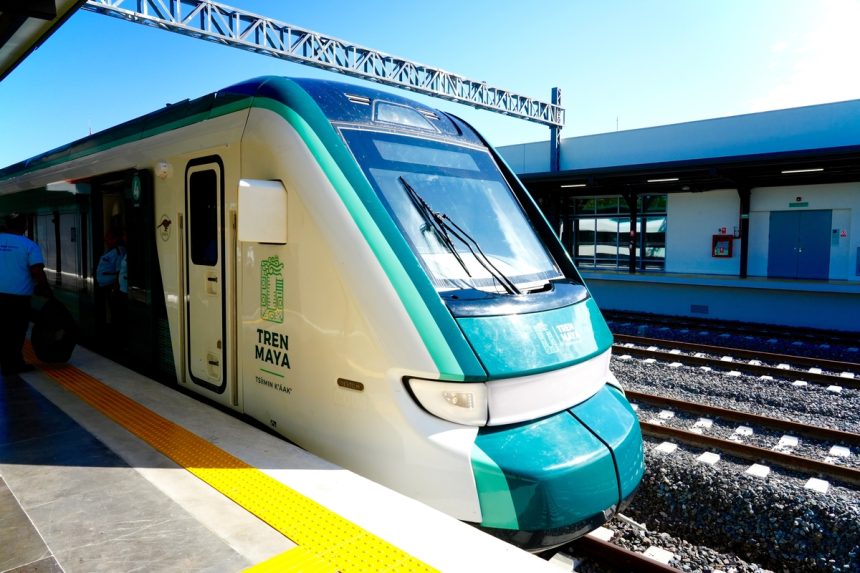In a groundbreaking environmental agreement, the leaders of Mexico, Guatemala, and Belize announced the creation of a tri-national nature reserve to safeguard the vast and fragile Mayan jungle. Encompassing over 14 million acres, this collaboration not only aims to conserve biodiversity but also faces scrutiny amid continued controversy over infrastructure projects like the Maya Train.
A Landmark Conservation Effort
Standing together on Friday, Mexican President Claudia Sheinbaum, Guatemalan President Bernardo Arévalo, and Belize Prime Minister Johnny Briceño unveiled what Sheinbaum described as a “historic” decision. The new reserve, spanning jungled regions of southern Mexico and northern Guatemala and Belize, would become Latin America’s second largest, after the Amazon rainforest.
“This is one of Earth’s lungs, a living space for thousands of species with an invaluable cultural legacy that we should preserve with our eyes on the future,” Sheinbaum declared.
Environmentalists welcomed the move as a rare moment of unity in regional conservation, recognizing its vast ecological and cultural importance.
Environmental Groups Urge Action Beyond Symbolism
Environmental advocates such as the Mexico-based group Selvame praised the agreement as a “monumental step for conservation,” but remained cautious. In a public statement, the group warned, “We’re in a race against the clock. Real estate and construction companies are invading the jungle, polluting our ecosystems, and endangering both the water we consume, and the communities that depend on it.”
Selvame urged the Sheinbaum administration to back the announcement with firm actions and “put an effective monitoring system in place to stop any destructive activities.”
The Controversial Shadow of the Maya Train
Even as leaders celebrated the reserve, discussions also turned to the Maya Train — a megaproject long criticized for damaging delicate ecosystems. Originally fast-tracked under former Mexican President Andrés Manuel López Obrador, the thousand-mile train loop through Mexico’s Yucatán peninsula has already led to the felling of about 7 million trees and disruptions to underground water systems.
Environmental studies were largely bypassed, and court injunctions ignored. Critics point out that the same government now promoting conservation is also backing infrastructure that previously harmed the very rainforest it now seeks to protect.
Cross-Border Train Expansion Faces Legal Limits
President Sheinbaum has echoed her predecessor’s calls to extend the train into Guatemala and Belize, touting it as a means to bring economic growth to remote areas. However, President Arévalo struck a firm tone: “Connecting the Maya Train with Guatemala and eventually with Belize is a vision we share,” he said, “but I’ve made it very clear at all times that the Maya Train will not pass through any protected area.”
He stressed the need for “careful environmental studies,” and noted the two governments are considering an alternate route that would avoid sensitive jungle territory.
A Future That Hangs in the Balance
The announcement of a tri-national reserve is undoubtedly a historic milestone. Yet the region’s ecological future still hinges on balancing development and conservation. The effectiveness of this pact will depend on whether governments can enforce protection while resisting economic pressures.
In closing, Sheinbaum stated her administration is committed to both environmental stewardship and sustainable development. “We must show the world,” she said, “that progress and preservation can go hand in hand.”






